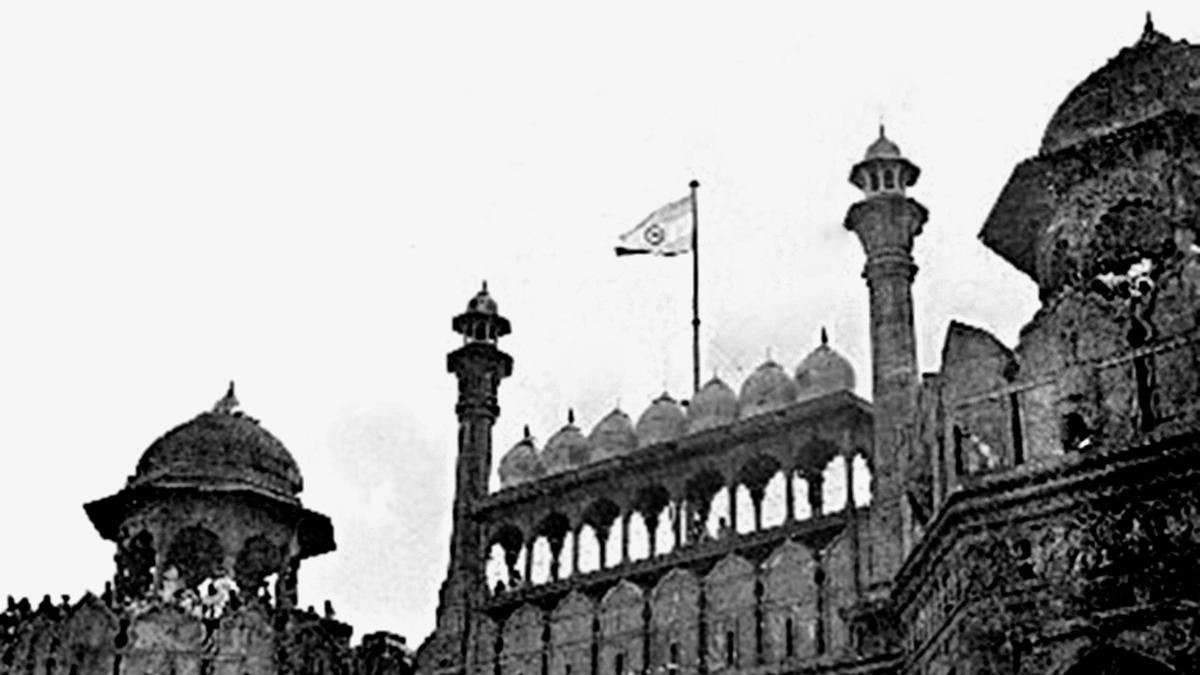Now Reading: Cabinet Delays Decision on Internal Quota to August 19
-
01
Cabinet Delays Decision on Internal Quota to August 19
Cabinet Delays Decision on Internal Quota to August 19

Quick Summary
- The Karnataka government postponed a special Cabinet meeting on internal reservation for Scheduled Castes (SC), originally scheduled for Saturday, to August 19 due to lack of consensus among Dalit and SC Ministers.
- Serious differences have emerged between the Dalit right (Holeyas) and Dalit left (Madigas) over the H.N.Nagamohan Das Commission’s recommendations on internal reservation within SC categories.
- Dalit left groups are protesting in Freedom Park, Bengaluru, demanding implementation of recommendations; meanwhile, Dalit right groups oppose the report as “unscientific” and “malicious.”
- Ministers from touchable SC communities like Lambanis and Bhovis have also expressed opposition,citing fears that their quota allocation is insufficient under the proposal system.
- Chief Minister Siddaramaiah requested all SC community Ministers to reach consensus before proceeding with discussions at the deferred Cabinet meeting.
- Congress had pledged internal reservations in its manifesto during the 2023 Assembly elections alongside its Chitradurga declaration supporting better resource distribution within Scheduled Castes.
- Protesters from organizations like Federation for Social Justice for SCs met with Siddaramaiah on Thursday but deferred an indefinite fast after receiving assurances he would address their concerns.
Indian Opinion Analysis
The deferral of karnataka’s Cabinet meeting highlights deep-seated divisions within Scheduled Caste communities concerning equitable access to reservations in education and employment. The controversy over slicing up existing quotas underscores growing tensions between competing claims over limited resources by marginalized subgroups such as Dalit left factions versus touchable castes like lambanis and Bhovis.
The issue reflects broader questions about balancing intra-caste equity without alienating specific sections or violating established trust-based promises made by political leaders during election campaigns-in this case by the ruling congress government as part of its 2023 assembly manifesto pledge.
While these protests signify robust civic engagement on policy issues central to affirmative action debates nationally-they coudl also push policymakers toward transparent mechanisms improving inclusionary frameworks amid intensifying societal polarization challenges around stakeholder acceptance clarity-demand fairness frameworks conflicting views…
Link: **read More here attached end























